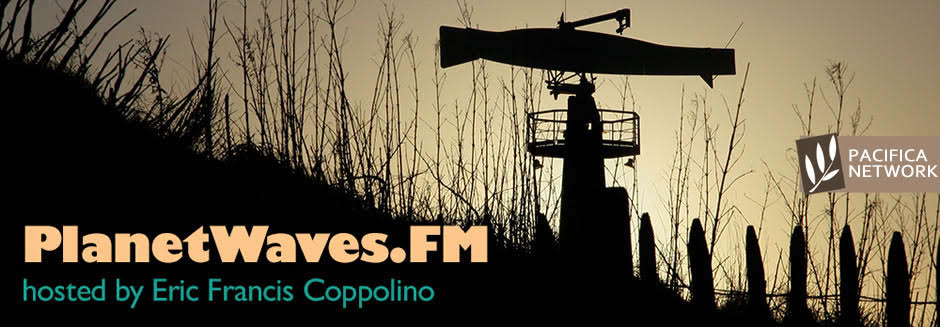
When this all began, I was not expecting to do an investigation. I was not expecting to cover fraud, or a political issue. Rather, I contacted my friend Gail, who is a midwife and master herbalist, and listened to what she said. I reached out to homeopaths I know, and began studying respiratory remedies. I got advice from my clients who are doctors. I contacted my chiropractor Angelo Castello and we put our heads together. He was on PWFM over the summer.
Dear Friend and Listener:
We are in the midst of what is being called the worst public health crisis of our lifetimes.
As someone who has lost two of my closest friends in the past few months, I feel deep empathy for all those who are grieving, and who are doing their best to recover from sickness. I feel profound sadness for all whose health has been impacted by the Covid crisis — whether that is from a pathogen, or from someone being abandoned in a nursing home at age 85 “for their own good.”
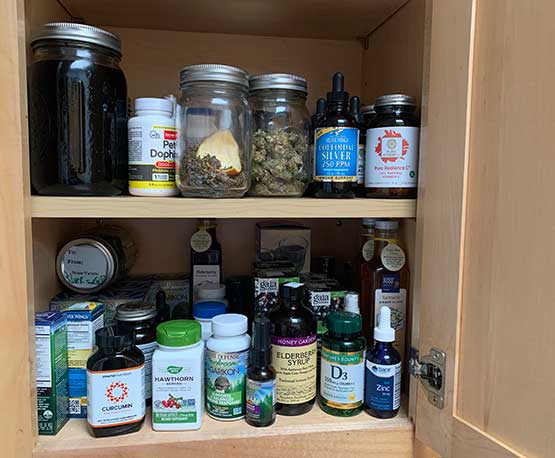
But what about the truth of what is happening? These days, it is taboo to ask. I am calling on my readers and listeners to ask questions, and to listen to multiple points of view.
When this all began, I was not expecting to do an investigation. I was not expecting to cover fraud, or a political issue. Rather, I contacted my friend Gail Murphy, who is a midwife and master herbalist, and listened to what she said. I reached out to homeopaths I know, and began studying respiratory remedies. I got advice from my clients who are doctors. I contacted my chiropractor Angelo Castello and we put our heads together. He was on PWFM over the summer.
Then I cleared a kitchen cabinet and filled it with supplies that I might need, including many essential homeopathic remedies from Hahnemann Labs, putting up my own tincture of elderberry, and making sure I had enough materials to care for many people, if necessary.
That included a year’s supply of Agarikon by Host Defense. I got all of this going before vendors were limiting the size of orders or were too busy to answer the phone.
One of my first articles was about keeping things together in a crisis, intended for households and small businesses. I wrote an extensive article that pulled together the best information I found in my ongoing homeopathic investigation of influenza and other respiratory illnesses. This has included studying pandemics since around 2006, when I lived in Europe and became curious after I attended a press briefing on bird flu at the European Commission — my first assignment as a newly minted European news reporter.
My job as a journalist is to verify claims of public health officials and politicians. […] My role as a journalist is not to investigate why individuals are sick. That should be the role of medical doctors and public health officials, who have an obligation to prove their statements and declare their financial interests.
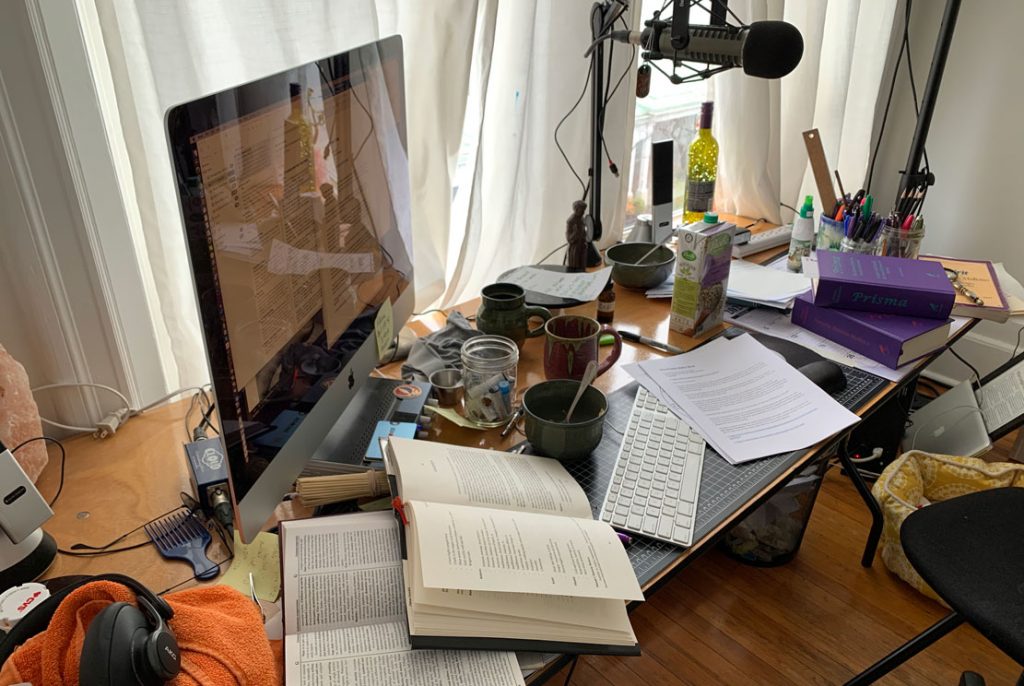
Then Came My Investigation
Then I pulled together an investigative team and we got to work on both medical issues, and studying the words and documents of the scientific establishment.
What got my attention first was the admission by the Food and Drug Administration and many others that the “covid test” cannot test for a virus. If public officials have an honesty problem, maybe that is because we live in troubled times where the accountability of the press is concerned. Publications and politicians can make any claim at all, and it is taken at face value.
My job as a journalist is to verify claims of public health officials and politicians. My team and I cover state, federal and transnational agencies such as the World Health Organization.
I am not a licensed clinician. My role as a journalist is not to investigate why individuals are sick. That should be the role of medical doctors and public health officials, who have an obligation to prove their statements and declare their financial interests. I am allowed to take care of myself and people who come into my home. That is something different.
I was and still am also deeply concerned about collateral damage. We must be thinking about children who have been told they will kill their parents and their relatives, and who are likely to take on that burden for life. We are not talking much about them and the psychological damage being done to them.
Covid is not merely a medical situation. It is a social situation that impacts every single person in our societies.
Demanding Public Accountability
Investigative reporting is about public accountability — a concept that has lost much of its meaning in our time of constant privatization.
For example, my role is to understand and validate the public criteria for diagnosis. That includes understanding the public criteria for preventing sickness and whether these measures work. I am deeply concerned whether doctors are telling the truth, whether they are asking the right questions and whether they are being told the truth. (That takes you to commentary in the British Medical Journal).
My role is to check whether the laws and rules of virology and medical science are honored. I am interested in whether other journalists are being honest. Few others are doing so. It is enough for most people that a few cops are slapping “factcheck” stickers on social media posts. That is not the quest for truth.
My personal specialty is in whether the “Covid test” has been validated, where the primer sequences (the sources of viral material) come from, how the primers were designed (assay design) and who specifically designed them. I understand whether (or not) they are from a known pathogen and how that step was determined (or omitted).
Then there is the issue of whether the amplification device called the PCR is being used according to its specifications — all of which say it is not designed to diagnose an infection, and cannot do so. Yet it is the only device being used at this time to claim infection by SARS-CoV-2.
Investigative reporting is about public accountability — a concept that has lost much of its meaning in our time of constant privatization.
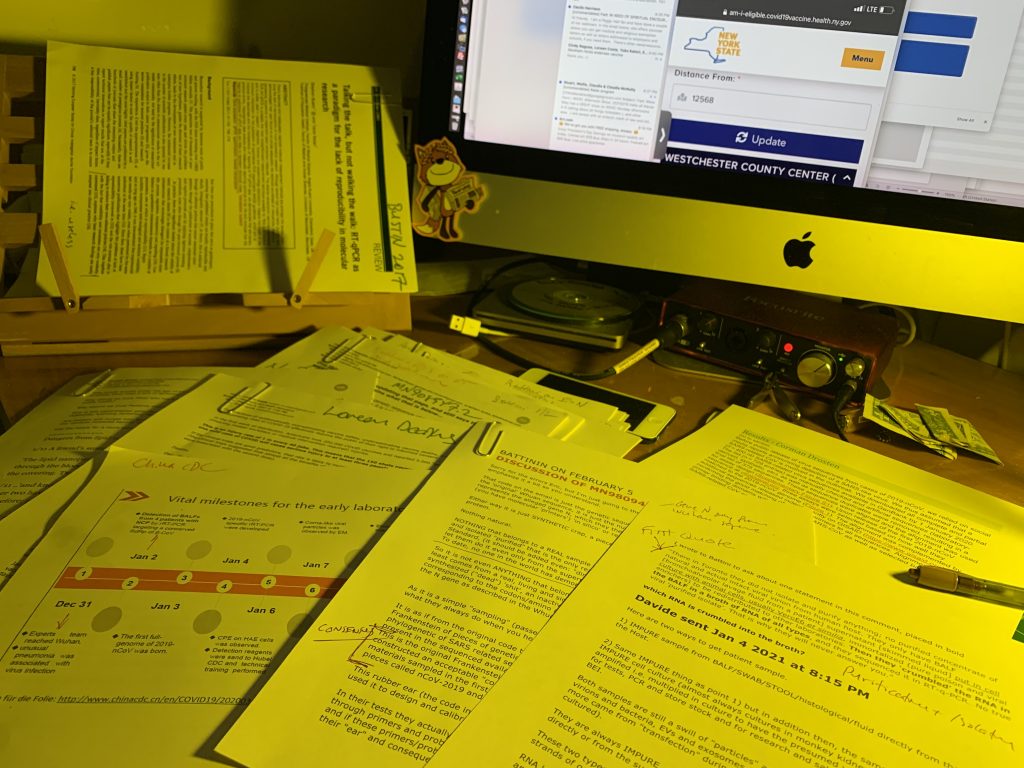
Causes of Sickness That Are Not Being Investigated
I am not claiming people are not sick. I am not saying why they are sick, if they are, though I have identified many possible causes that are not being investigated by the press or public officials. These include environmental, chemical and nutritional causes, as well as serious problems with medical treatment (iatrogenic and nosocomial sickness and death).
In all my experience on Earth, diagnosis of a disease requires a complex process, not merely a search for a fragment of a single particle. In this case that is claimed to be a nucleotide (a bit of protein) found at amplification cycle threshold (Ct) 37 to 40, where all the tests are being run. That means content in the sample, itself not validated, is doubled up to 45 times. At that rate, a single particle is turned into trillions of particles.
Even Anthony Fauci publicly says the Covid test is irrelevant over 35 cycles. We would lose nearly all of your false positives cutting back to Ct 30 — 90%, according to coverage in The New York Times. Others say there is no validity over Ct 20.

The Lancet Calls this a Syndemic, Not a Pandemic
There are numerous potential causes of sickness that are not being investigated. The Lancet, a respected medical journal in England, has said that what we are witnessing is not a pandemic (one novel cause of one global disease) but a complex situation with many noncontagious causes, including environmental — known as a syndemic.
Its editor Richard Horton wrote recently, “These conditions are clustering within social groups according to patterns of inequality deeply embedded in our societies. The aggregation of these diseases on a background of social and economic disparity exacerbates the adverse effects of each separate disease. COVID-19 is not a pandemic. It is a syndemic. The syndemic nature of the threat we face means that a more nuanced approach is needed if we are to protect the health of our communities.”
My observation at this time is, if there is unusual disease and death since January 2020, we do not know why it is happening.
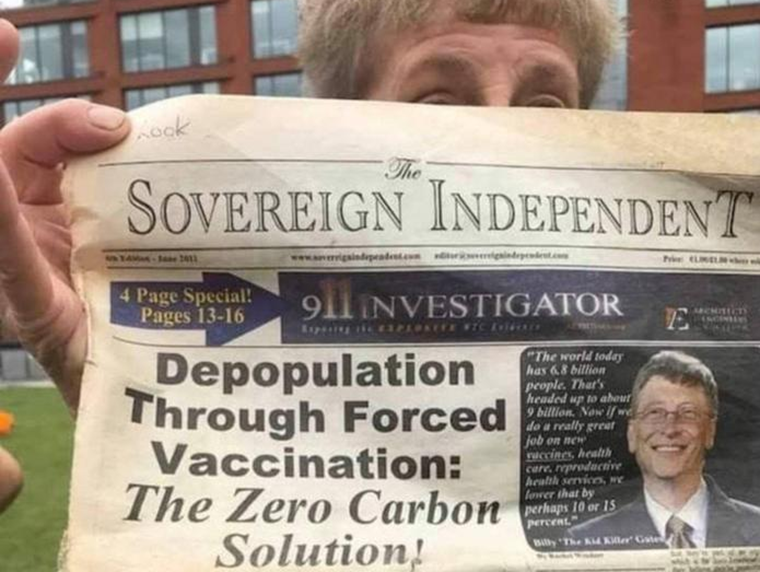
Taking Care of One Another
If I have a sick person to take care of, I will do so. I have written as much as I can about how to stay well. My job as a journalist is to call for public accountability. My job is to ensure that the government is telling the truth to those who are sick and the families of those who are lost.
My role, and that of my organization, is to provide information resources and documentation in the midst of a blizzard of lies.
To do this, I work with a team of several investigators and editors, and I have read hundreds of articles, published our news blog 1400 times the past year, written many articles, and interviewed numerous chemists, biologists, virologists, toxicologists, and diagnostic test experts.
For background and context, I have been studying the history of 20th century virology and its relationship to the government. You may not know this about the Spanish Flu — multiple experiments could not prove person-to-person transmission. Other research demonstrates how many people were killed by massive overdoses of then new and promising aspirin.
My observation at this time is, if there is unusual disease and death since January 2020, we do not know why it is happening. False and seemingly easy answers do not solve problems. They do not assuage the grief of loss, or the fear of sickness.
As Albert Camus wrote in The Plague, “It is in the thick of calamity that one gets hardened to the truth.”
We must not be. We must continue to seek the truth — not merely believe what politicians and drug companies claim is true, often to their benefit and not our own.
Please support us in this effort.
Thank you for your participation and your trust.
With love,




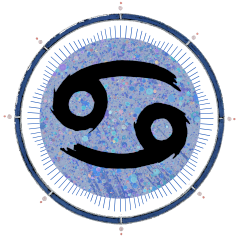
Thank you Eric.
For All that you have investigated and challenged. I so appreciate you and your team for bringing all this to light. I typically hold to great optimism in life and for many things I still do, AND it is clear that the blinders are on for those that simply live in the fear and believe in those that make the most noise and get to have the biggest voices.
I do my best to give voice where I feel safe to give voice. Often, that doesn’t quite feel like enough.
A traveler with you
jeanne